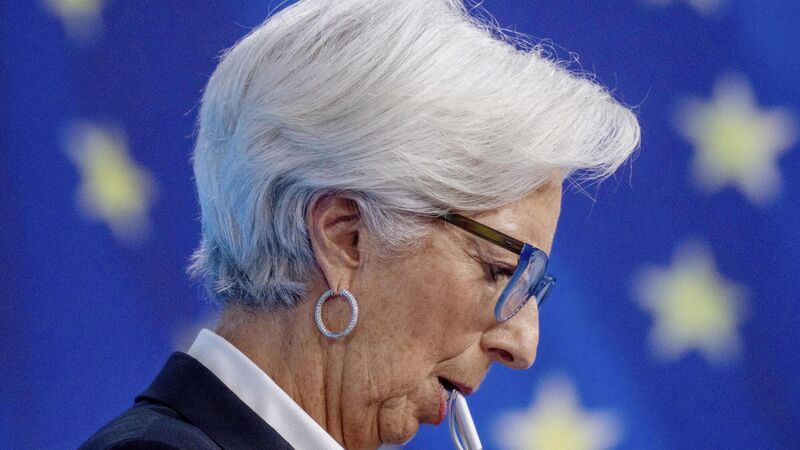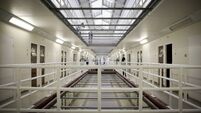Lagarde defends hawkish ECB as analysts warn of 'more rate hikes to come'

Christine Lagarde insisted the ECB didn't see "any trade-off" between fighting inflation and nurturing financial stability. File photo: AP/Michael Probst
Christine Lagarde, the head of the European Central Bank, strongly defended the decision to plough ahead with a hefty interest rate hike despite the turmoil swirling around global banks, warning that inflation was set to stay "too high for too long".
The ECB unveiled a further half-point increase on Thursday even after the weekend collapse of a number of US banks, including Silicon Valley Bank, and amid the woes of European banking giant Credit Suisse which required emergency funding on Wednesday night to keep going.











